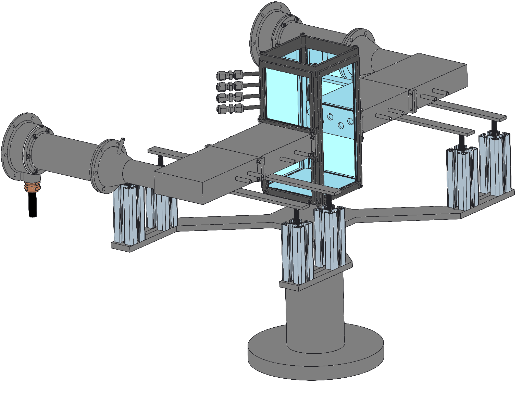Combustion Technology
The research of the Combustion Technology Division of Engler-Bunte-Institut considers all aspects of modern fuel conversion technologies. Our classical field of research is the conversion of hydrocarbon-based fuels, covering both fundamental research on e.g. soot formation, combustion instabilities, combustion noise and applied combustion technology mainly for gas turbines (stationary and aero engines) and power plant applications. Moreover, climate change and increasing sustainability requirements are key drivers towards novel research fields, considering the following trends:
- A dominant research topic for the next few decades will be the sustainable supply of energy. Renewable energies, alternative fuels, energy storage and energy efficiency, as well as precise controllability and intelligent networks are essential ingredients of a sustainable energy future.
- Since alternative and regenerative energy sources will also be integrated into future manufacturing processes, the specific effects of their application in manufacturing (e.g. their fluctuating availability vs. continuous demand) need to be investigated and possible issues must be resolved.
- For a guaranteed, continuous energy supply, a major focus will be on systems engineering. This means that interdisciplinary collaborative research, especially with the material sciences, will gain in importance.
To address these challenges to our society our mid to long term research aims are:
- Novel fuels: Due to increased sustainability requirements, future gaseous and liquid fuels will tend to contain more hydrogen carriers (hydrogen and/or ammonia), synthetic and biogenic components and weak gases, while novel solid fuels derived from biomass or metals will be considered. In this context the detailed characterization and analysis of the combustion properties of such future fuels will be pursued.
- Fundamental processes: The underlying physical and chemical phenomena of the conversion of novel gaseous fuels e.g. ignition, flame formation and combustion stability will be investigated. For novel liquid fuels, spray formation, fuel-air mixing and subsequent combustion will be studied, while for solid fuels heterogeneous devolatilization, char conversion/oxide formation and the related homogeneous gas phase processes will be investigated.
- System interactions: The interaction of these novel combustion processes with material properties needs to be studied. Moreover, their interaction with other processes such as thermoelectric, electrochemical (electrolysis, fuel cells), solar thermal and solar chemical processes will be future research topics.
To achieve these research aims we use two complementary sets of research tools:
- Advanced experimental diagnostics: We employ both state-of-the art and emerging experimental techniques to explore all relevant physical phenomena at high spatial and temporal resolution.
Research projects
Current Projects
|
|
The DFG priority programme PP 2419 HyCAM (Hydrogen-based fuel combustion using additive manufacturing) is concerned with the optimisation of thermochemical energy conversion processes for the flexible use of hydrogen-based renewable fuels using additive manufacturing processes. The joint subproject of KIT and TU Freiberg investigates non-premixed ammonia combustion in tailored porous inert media.
Main project: https://spp2419.itv.rwth-aachen.de
Project funding organization: |
|
|
Investigation of the interaction between injected water droplets and flames In addition to basic research, droplet-flame interaction is also an interesting topic for a variety of industrial and practical applications. In gas turbines, for example, temperature peaks and thus the formation of thermal nitrogen oxides can be significantly reduced by targeted water injection. |
|
|
Iron-H2(O)
Loop reactor for hydrogen production and storage by reacting iron with water Within this project, funded by the KIT Academy for Responsible Research, Teaching, and Innovation (ARRTI), a loop reactor with a tailored Fe matrix of high cycling stability is to be developed, aiming at decentralized, fast, and clean hydrogen production from water vapor by conversion of Fe into Fe3O4 |
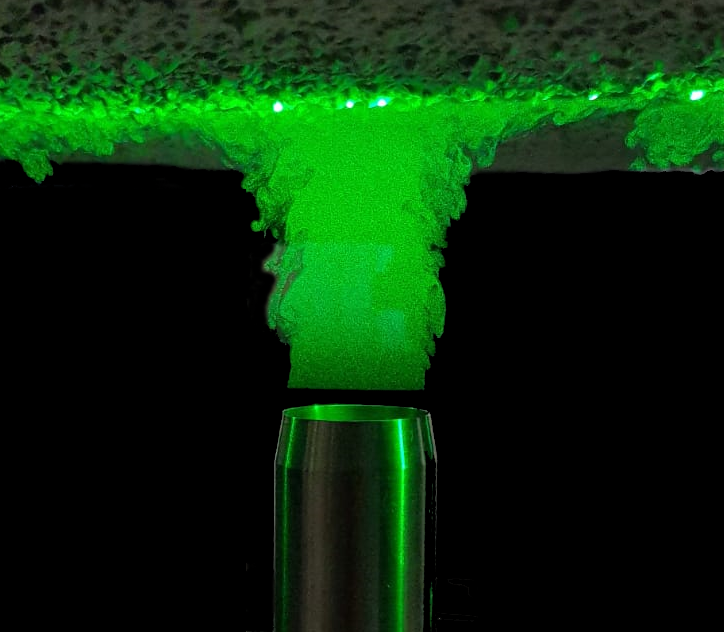 |
CRC/TRR 150 SP A06
Turbulent, chemically reactive, multi-phase flows near walls The TRR 150 teams up researchers from the TU Darmstadt and the Karlsruhe Institute of Technology (KIT) to advance the fundamental understanding and modelling of chemical kinetics, complex three-phase flow, instationary near-wall heat transfer and turbulence-chemistry-wall interaction |
|
|
H2_Turb
Joint research project: Demonstration of direct combustion of H2 in turbines (for stationary and aeroengines) - Sub-project: Principle H2 combustion experiments |
| Condensate formation
Condensate formation in exhaust systems at low temperatures |
|
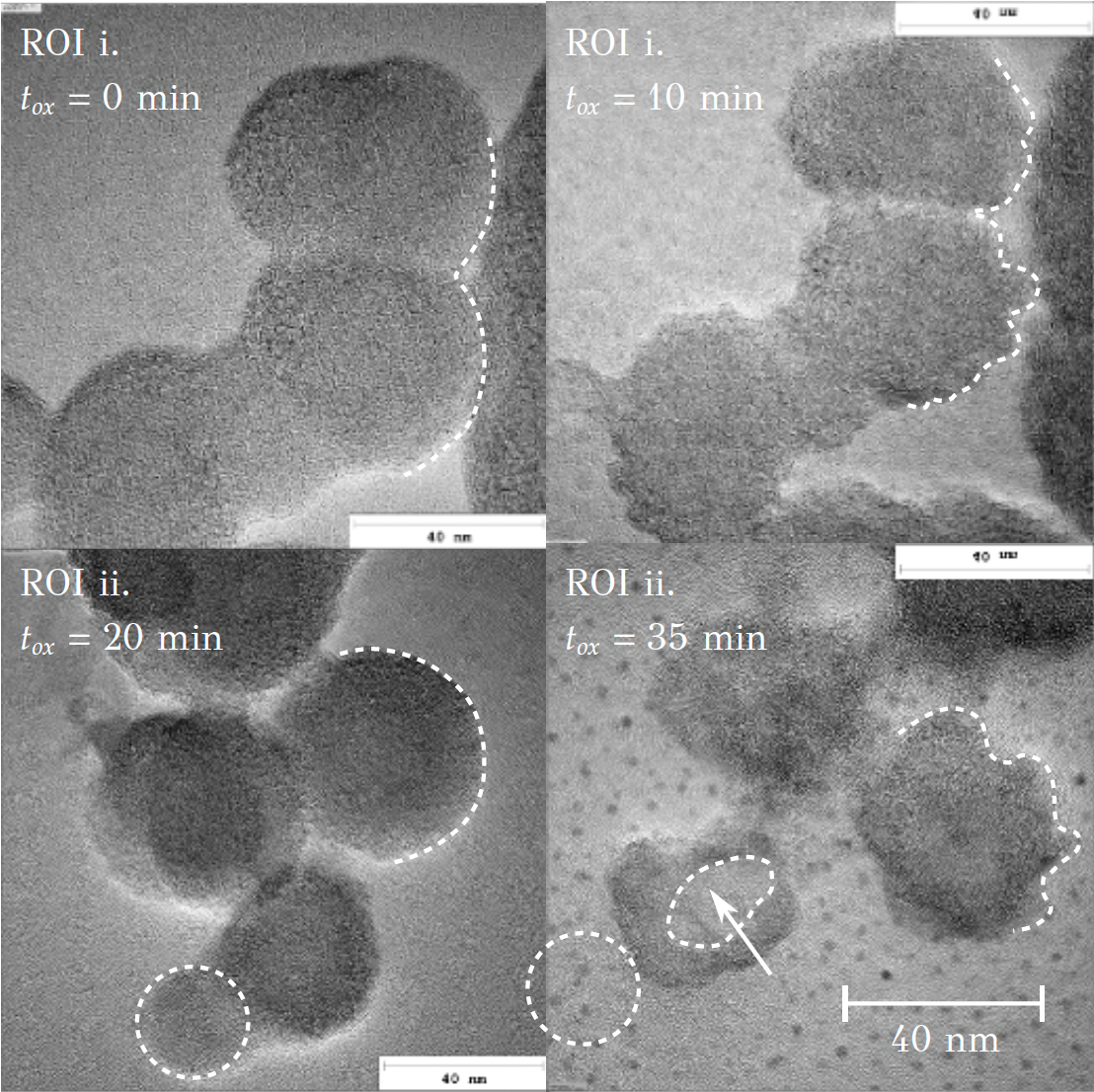 |
Particle reactivity
Reactivity of particles from gasoline direct-injection engines: Correlation with particle properties and engine parameters. (DFG, project number 316493809) https://gepris.dfg.de/gepris/projekt/316493809?language=en |
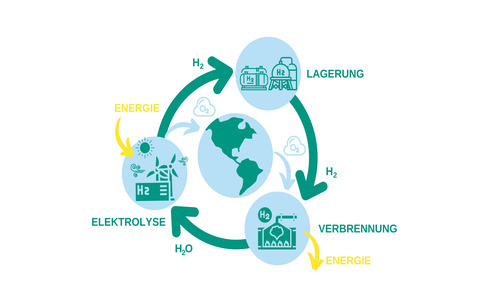 |
BOYSEN
Premixed hydrogen combustion at high recirculation rates (BOY-178) |
 |
Clean Circles
Laminar combustion wave velocity and structure investigation in Bunsen type iron dust burners https://www.tu-darmstadt.de/clean-circles/about_cc/index.en.jsp |
Completed Projects
 |
Recycling carbon dioxide in the cement industry to produce added-value additives: a step towards a CO2 circular economy |
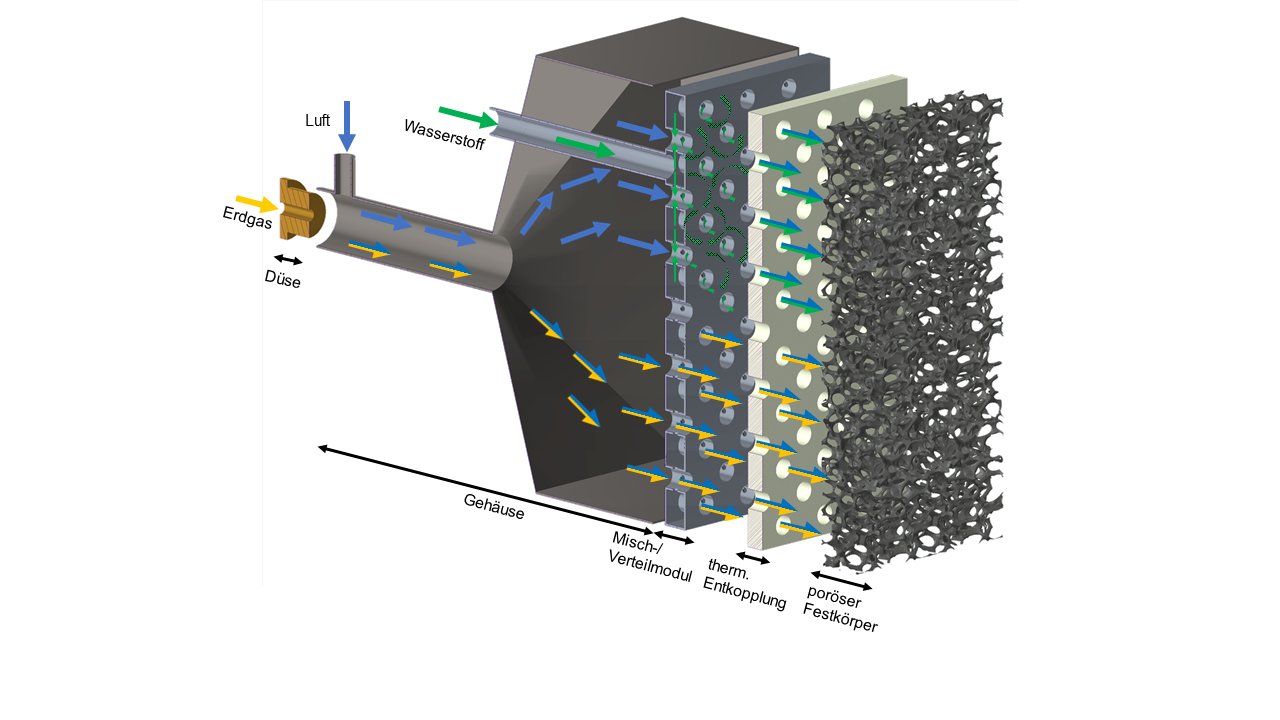 |
Entwicklung eines Dual-Fuel Porenstrahlungsbrenners zum Betrieb mit reinem Wasserstoff und/oder Erdgas (WAsserstoffPorenStrahler) |
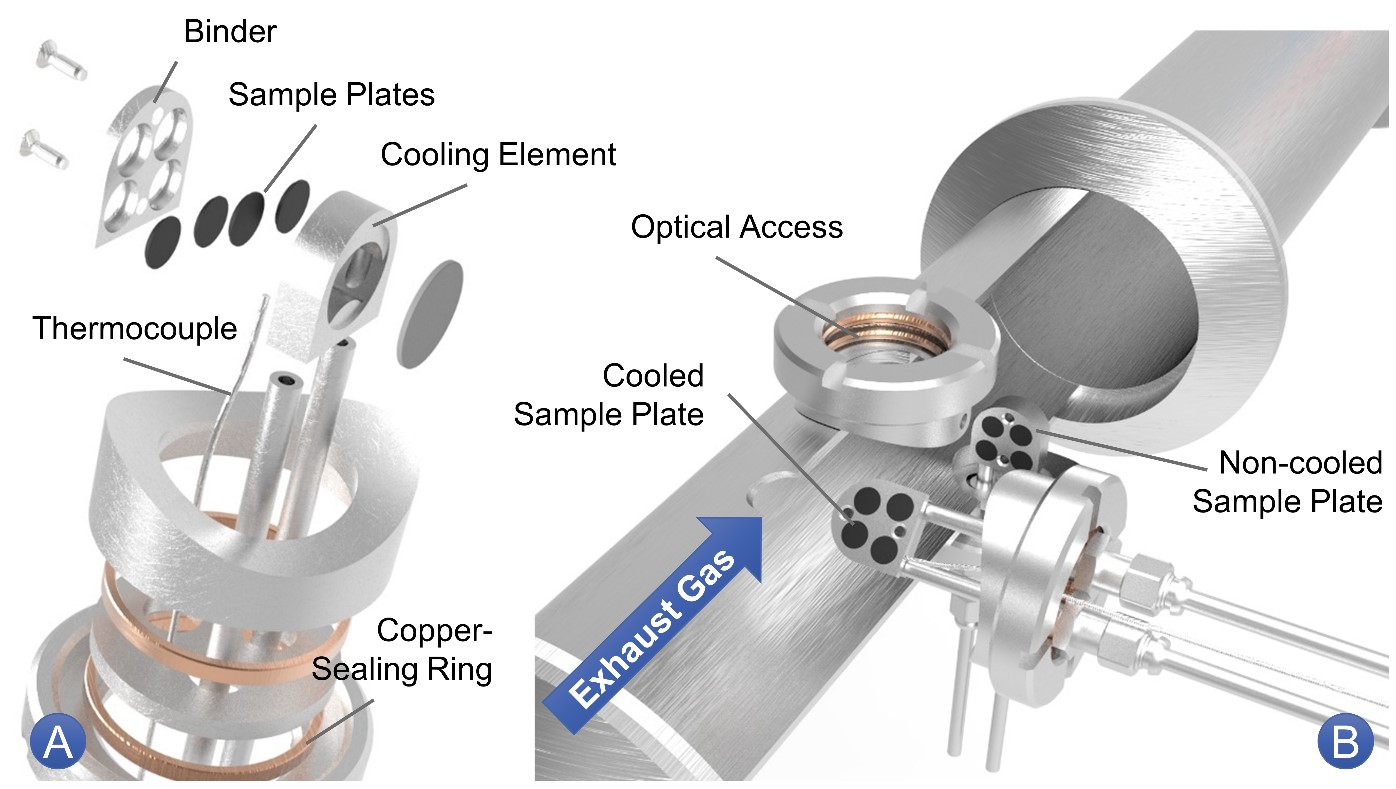 |
Exhaust gas composition at low temperatures |
 |
TURBOmachinery REtrofits enabling FLEXible back-up capacity for the transition of the European energy system |
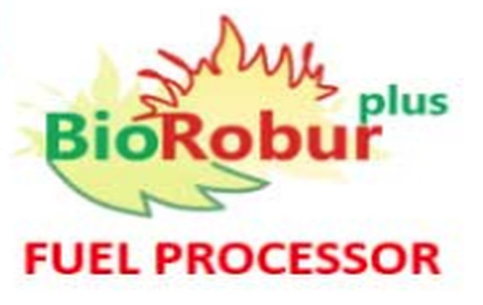 |
Advanced direct biogas fuel unit for robust and cost-saving decentralized hydrogen production |
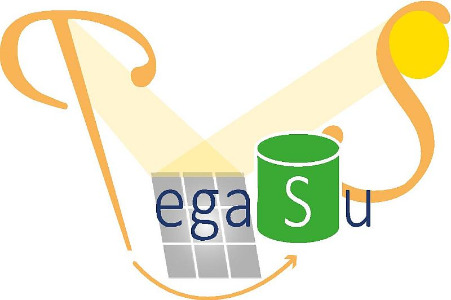 |
Renewable Power Generation by Solar Particle Receiver Driven Sulphur Storage Cycle https://www.kit.edu/kit/english/pi_2017_044_using-sulfur-to-store-solar-energy.php http://www.dlr.de/sf/en/desktopdefault.aspx/tabid-9315/16078_read-48454/ http://cordis.europa.eu/project/rcn/205804_en.html |
|
Innovative large-scale energy STOragE technologies AND Power-to-Gas concepts after Optimisation |
|
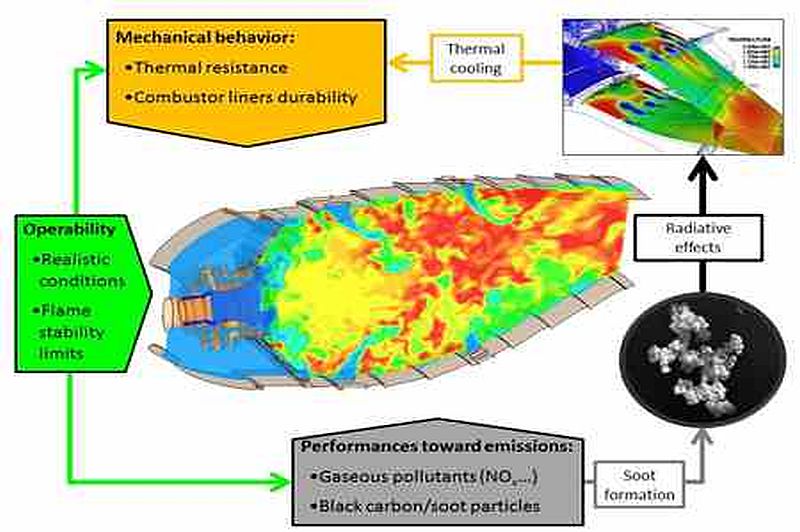 |
SOot Processes and Radiation in Aeronautical inNOvative combustors |
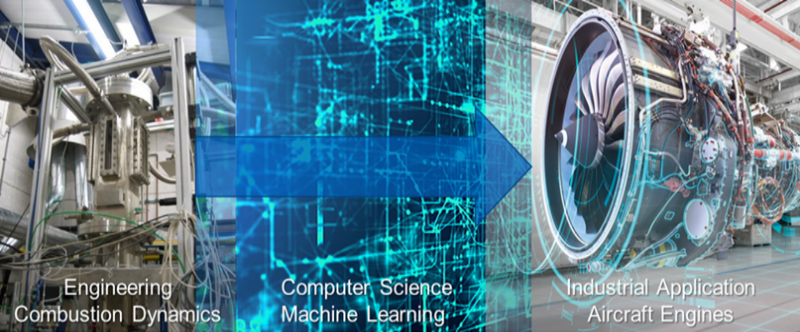 |
Machine learning for Advanced Gas turbine Injection SysTems to Enhance combustoR performance |
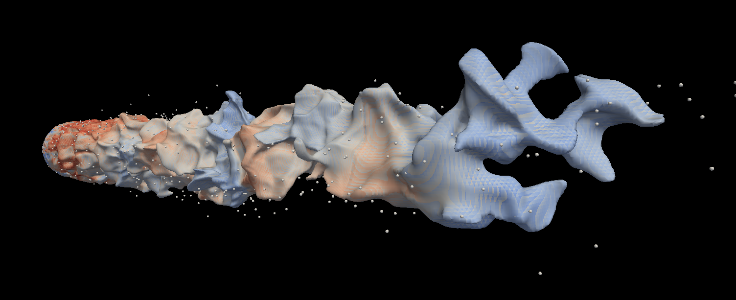 |
Modulare Erweiterung eines Gesamtmodells zur verbesserten Vorhersage des Verbrennungsverlaufs von Flüssigbrennstoff/Wasser-Emulsionen |
 |
A highly efficient Power-to-Gas process has been realized by the European research project HELMETH. |
 |
Methanmotoren für Personenkraftwagen |
 |
Energy Efficient Coil COating Process |
|
Bewertung einer auf geringe Emissionen ausgelegten Brennkammer |
|
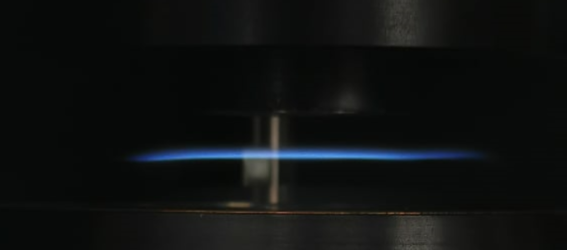 |
Emissions Soot Model |


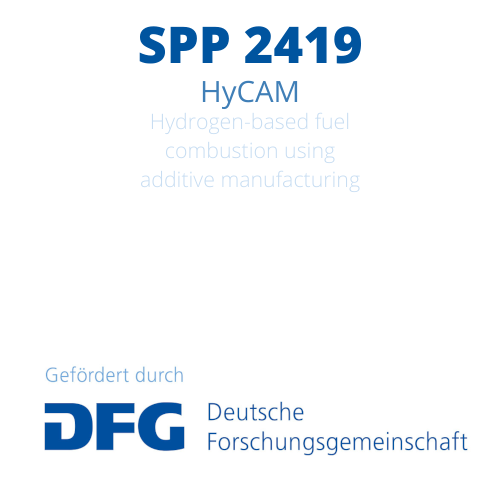

/Abbildung1.png)
